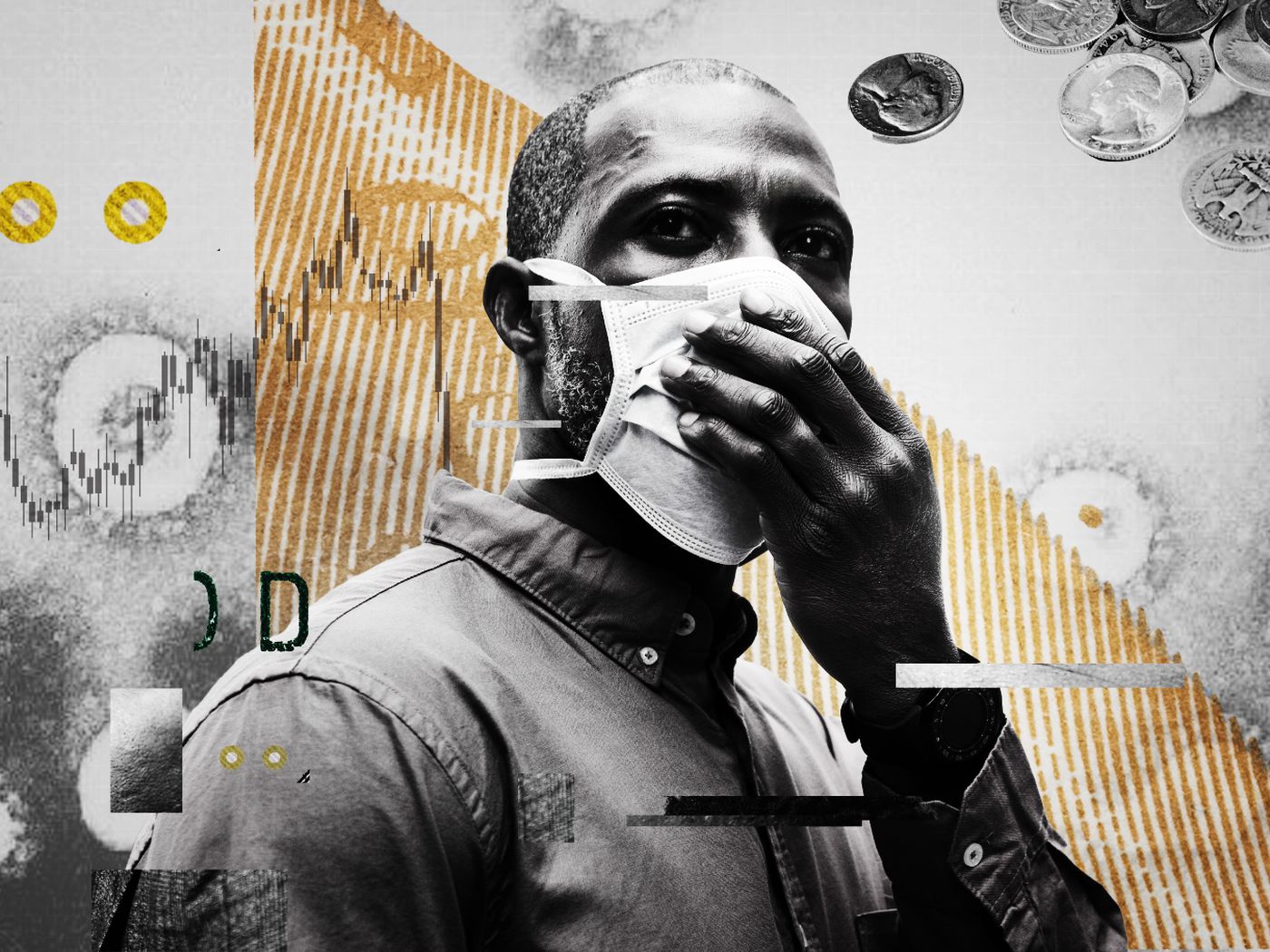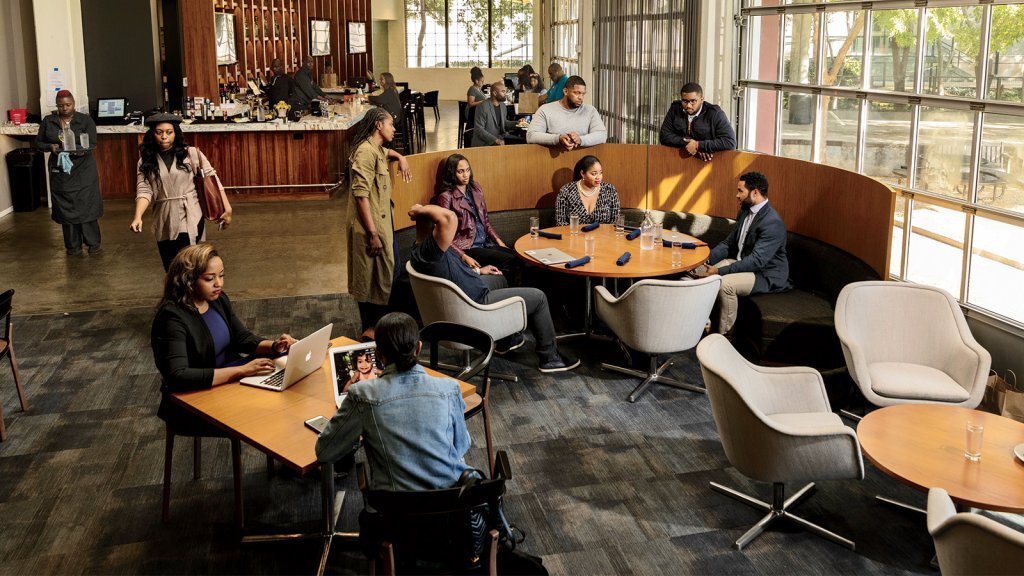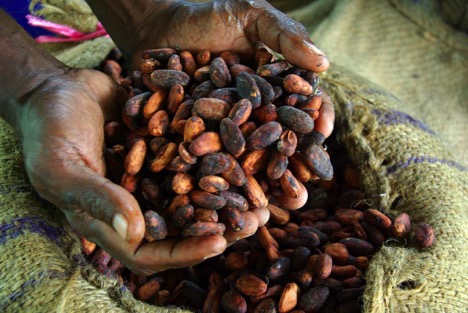By Ariel Solomon
- Minority communities experience deeper levels of unemployment, wage gaps, and poverty during recessions
- Black families allocate a large portion of their budgets to price-volatile goods, further exacerbating their financial positions during inflationary periods
As the national debate continues regarding whether or not the United States is currently in a recession, or the timeline for when it will inevitably face one over the next year, a few things are indisputably true. First, the U.S. economy (GDP) has declined for the past two consecutive quarters, and second, inflation, which is hovering around a 40-year high at 8.5% in July, remains prohibitively excessive. While recessions have ripple effects across communities and businesses, these effects aren’t evenly distributed or experienced uniformly and hit people of color the hardest.
Why This Matters: During a recession, an economic contraction occurs which leads to a decline in activity and output. Consequently, this impacts a number of critical indicators including income, employment, prices, and production to name a few. It can drive families deeper into poverty, perpetuating further imbalance to an already unequal playing field. Black families in particular are paying more for price-volatile goods and services, like groceries and utilities, all of which make up a large part of their budgets as per a study from the Federal Reserve Bank of Minneapolis.
Recessions can be and have historically been a cause for increased inequality, as minority communities, many of which work in industries heavily hit by economic contractions (e.g. service workers) tend to experience higher levels of unemployment during these periods. This type of prolonged economic uncertainty can cause a meaningful financial strain for Black families, which already have median wealth levels nearly 8X lower than their white counterparts, on top of decreased levels of home ownership.
Situational Awareness: Black women and single mothers have it particularly tough. As if workplace discrimination wasn’t enough, a majority (2/3) of working Black women tend to be single, and shoulder more childcare responsibilities than their white counterparts. That coupled with the fact that 47% of Black women still went to work during the pandemic and effectively put themselves and/or families at risk. All of these things are symptoms of existing inequality that only grows in the face of an economic downturn.
CBX Vibe: “The Recession” Young Jeezy









